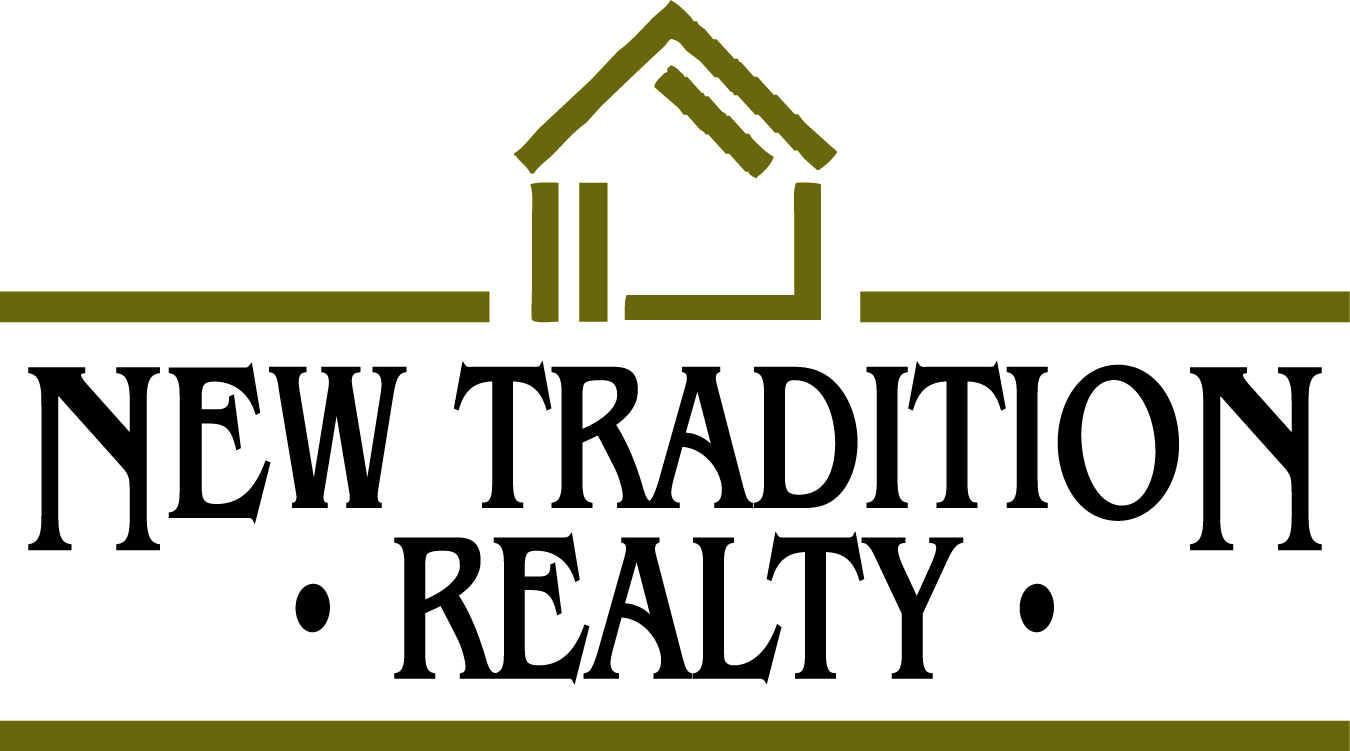How to Mitigate Against a Natural Disaster When Building a House in Vancouver
In the last few weeks, it feels like there’s been too many once in a century natural disaster storms. There was hurricane Irma in Houston, two earthquakes that shook Mexico City, hurricane Jose in Florida, and wildfires whipped across the west coast, including ones in our own backyard.
Natural disasters seem to be occurring in rapid succession, but it’s still not influencing where we choose to build houses yet. In fact, homeowners consider the walking score, school districts, and remodeled kitchens over if their home could be impacted by a natural disaster.
And while we should never assume or worry that a natural disaster could strike, there are things we can do to mitigate against problems when building a house in Vancouver.
At New Tradition Homes, we know that your custom home is an investment in your future and your community. You only want the best for your family and to ensure their safety, even if nothing ever comes to pass, and there are ways to enhance your home and prevent damage should a natural disaster occur.
Flooding
Flooding can happen anywhere, as we saw in Houston, but in Vancouver, we are particularly vulnerable as we live near the water. And water, when it hits, is vicious. Just a few inches will sweep a full-grown man off his feet, move cars, and destroy your home. However, there are things you can do when building a house in Vancouver to prevent this flooding from affecting you.
First, consider where you build. Water will pull to the lowest lying areas, so choose a location that is higher than sea level and above where water will recede when it rains. Then, once you actually build, ensure your contractor seals your basement walls with waterproof compound. You should also make sure to purchase a sump pump that runs on batteries in the event you do get water in your home. Also consider elevating electrical components, the water heater, and washer and dryer to at least 12 inches above any potential flood level.
Any precautions you take in advance could save you a lot of money in the future, so it’s best – and safest – to take action now.
Earthquakes
An earthquake occurs when the tectonic plates shift. This causes a shaking at the surface level, causing structural damage in homes and can even cause flooding as they regularly trigger tsunami warnings. Fortunately, while earthquakes don’t occur in Vancouver often, we’re apparently due for a big one as the Pacific Northwest’s Cascadia subduction zone is overdue to shift.
If “the big one” really hits there might be little we can do to protect our homes, but if a smaller shift takes place, there are steps you can take to ensure that your home is structurally sound.
Earthquakes are unpredictable, so you always have to be prepared, so when you’re building a home in Vancouver make sure it can withstand intense shaking. Then, once settled, secure heavy items that could topple, like water heaters, by strapping them to the wall or bolting them to the floor. You can also request that your home is bolted to its foundation.
Also, if you do have time to prepare in advance, turn off the gas and electricity to prevent the risk of fire.
Wildfires
Unfortunately, we are all too familiar with wildfires, particularly this year. They litter the landscape of both Washington and Oregon and, as we all know, the Eagle Creek Fire in the Columbia River Gorge continues to smolder after burning over 48,000 acres and jumping to the Washington side.
Many communities nearby were evacuated for safety. At least one home was burned down. Others sprayed their home and property with water in hopes of deterring the spread of flames.
While some wildfires are natural and can occur from events such as lightening, others – as we’ve recently been reminded – are human caused by incidents such as fireworks and campfire accidents that take place during extreme drought.
So, to prevent disaster, you’ll want to avoid using a combustible material on your roof, or any other part of your home. Also, ensure any wood used in framing your home is fire-resistant treated. Additionally, ensure your landscaping is not too close to your home as it could set fire. Lastly, choose a hose that is long enough to reach around your home’s entire circumference.
If you are threatened by a fire, turn off the gas and electric, keep the windows and doors shut, wet the roof, and evacuate when ordered.
Tornadoes
While tornadoes are rare, they do occur in the Pacific Northwest. In fact, just last month multiple waterspouts were reported on the coast of northwest Oregon and the nearby area had tornado warnings, too. With that said, it’s better to be safe than sorry. So, how do you prepare your home?
With a tornado, winds can whip around as fast as 250 to 300 miles per hour, turning pieces of houses and even vehicles into dangerous projectiles, so consider the materials you use when building your home. An aluminum door is a great insulator against varying temperatures throughout the year, but it won’t stand a chance in a tornado. However, you can choose doors, windows, and even shingles that are built to withstand high winds. You can also brace gable-end roofs and add roof tie-down clips in an attic to strengthen the most vulnerable areas in your home.
New technologies are being developed each year to protect our homes against natural disasters. Hopefully, we’ll never need the added protection, but better to ward against damaging and costly events than regret skipping these potentially home and even life-saving measures.
Your new home is an investment in your future and your family, so take the steps now to protect what you worked to accomplish.
Are you ready to start building your custom home with us? Let’s get started.

